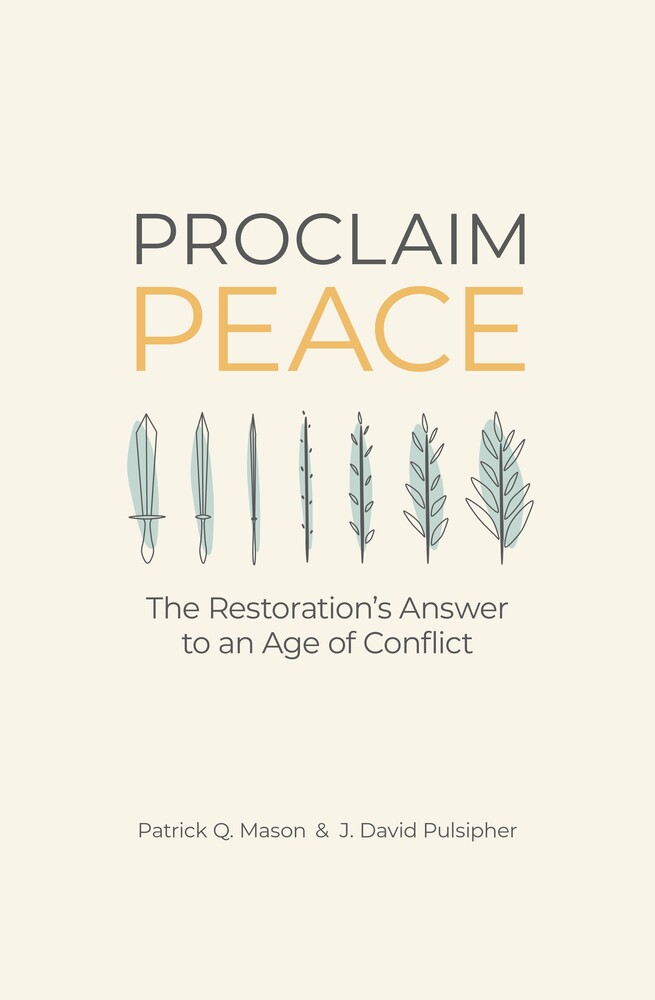Earlier this year, while speaking at BYU Education Week, Elder Dieter F. Uchtdorf said, “Conflict is inevitable. Contention is a choice.” We sometimes think these two things are the same: conflict and contention but, on this week’s episode of All In, J. David Pulsipher, author of the new book Proclaim Peace, reinforced Elder Uchtdorf’s words explaining that “some of the most beautiful parts of our world are created through conflict” but that contention should be avoided.
But what is the difference between the two?
Listen to the full episode by clicking here or in the player below. You can also read a full transcript here.
The following excerpt has been edited for clarity.
Morgan Jones: One thing that I thought would be good to kind of set the stage initially for this conversation–Elder Uchtdorf recently said that “Conflict is inevitable, but contention is a choice.” And so I wondered, what would you say is the difference between contention and conflict?
David Pulsipher: I think it's a beautiful expression of something we explore deeply throughout the book because I think as Latter-day Saints, we're often afraid of conflict. We think conflict is bad. And we read the Savior's admonition to the people in 3 Nephi 11 that, "Contention is not me, but is of the devil." And we substitute the word contention with the word conflict. And conflict and contention are not the same things.
If we think about the creation of this world, we realize that the process of creation is a process of division: dividing the light from the darkness, dividing the water from the land, creating multiple varieties of plants and animals, and male and female. And all of these differences and divisions that are a part of the creative process are then put in tension with one another. And it's the tension between them, the tension between day and night that creates sunsets and sunrises. The tension between water and land creates mountains and canyons and seascapes.
Some of the most beautiful parts of our world are created through conflict, if you will, through the conflict between water hitting against the rocks and the seashore. And so conflict creates beauty. Conflict, when we do it the right way, will take us through a process in which we are co-creators with God. So we shouldn't be afraid of conflict.
Contention, on the other hand, is engaging in those differences in a way in which we don't respect or love the other. So when it comes to human conflict, we can engage in all sorts of disagreements and differences, and out of those disagreements and differences create beautiful arrangements in our families, in our workplaces, amongst our friends in our communities.
But when we lose that sense of love and respect for the people who are different than us—whether that's political or cultural, or religious, or just different personalities—and engage in conflict with anger, with seeing other people as objects and not as people, then very quickly, that is what we call contention. And that is not of Christ. The Creator, who uses conflict to create, is not creating with that kind of spirit. So that spirit of contention is what we have to avoid. But we don't have to avoid conflict, in fact, we shouldn't avoid conflict. We should engage in our conflicts, engage in them with that love and openness to one another.


